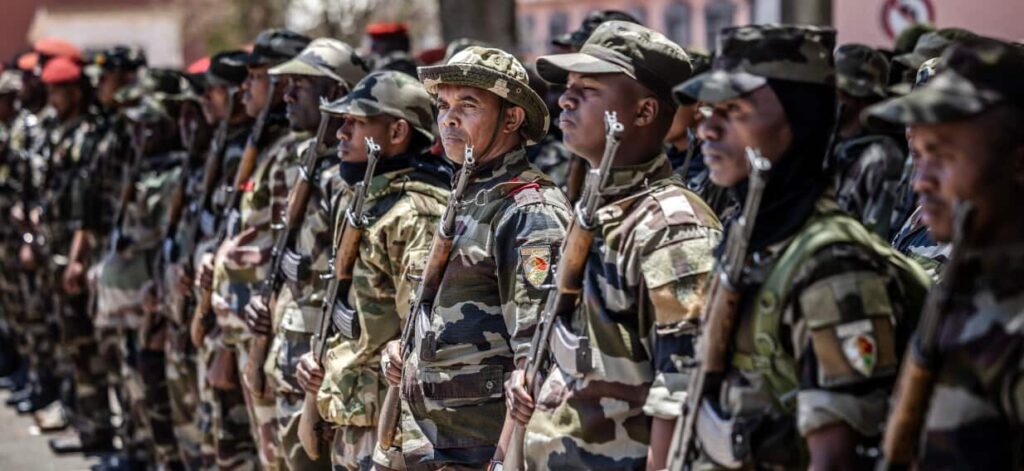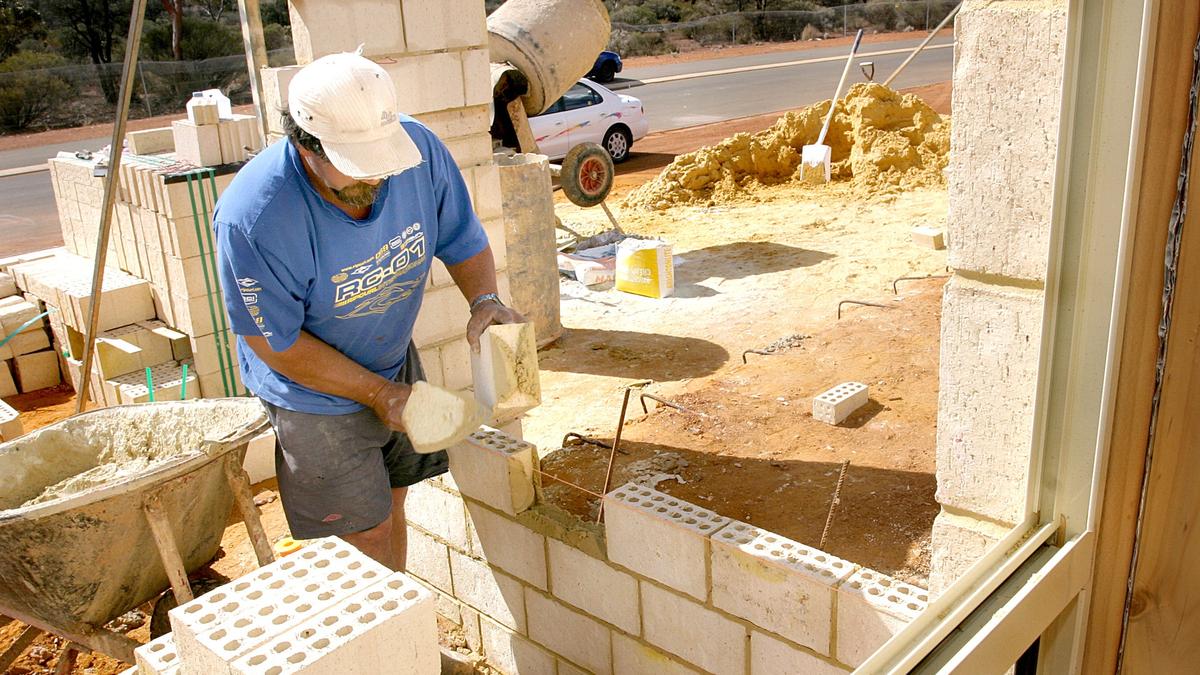
Political unrest has escalated in Madagascar as an army unit aligned with anti-government protesters appointed a new military chief on Sunday. President Andry Rajoelina condemned this move as an “attempt to seize power illegally,” highlighting a deepening crisis in the Indian Ocean nation.
The situation began to intensify following demonstrations that erupted on September 25, 2023, initially sparked by ongoing power and water shortages. The protests have transformed into a broader movement demanding Rajoelina’s resignation. Over the past two days, soldiers from the CAPSAT unit joined thousands of demonstrators in the capital, Antananarivo, to commemorate those who lost their lives amid the unrest.
The CAPSAT unit, which played a significant role in the 2009 coup that initially brought Rajoelina to power, declared its refusal to follow orders to suppress the protests. In a video statement, they announced that moving forward, all orders from the Malagasy armed forces would originate from their headquarters. The unit’s declaration was met with celebration from the gathered crowds.
Later on Sunday, General Demosthene Pikulas was officially appointed as the new Chief of the Army Staff in a ceremony attended by the armed forces minister, Manantsoa Deramasinjaka Rakotoarivelo. The minister, who was appointed by Rajoelina just last week, expressed his support for Pikulas, stating, “I give him my blessing.” In remarks to the media, Pikulas acknowledged the unpredictable nature of recent events and emphasized the army’s responsibility to restore calm throughout Madagascar.
Rajoelina responded to the events by stating that an illegal power grab is currently underway, urging for dialogue as the only viable solution to the ongoing crisis. He reiterated his commitment to constitutional and democratic principles.
The protests have led to significant violence, with the United Nations reporting at least 22 deaths in the early days of the demonstrations. Rajoelina contested this figure, claiming that only 12 confirmed deaths occurred, all of which involved looters and vandals. The unrest has also seen large gatherings for prayer outside the city hall in Antananarivo, mourning the victims of the violence, including a CAPSAT soldier killed during clashes with security forces.
The situation remains volatile as the gendarmerie, accused of using heavy-handed tactics against demonstrators, acknowledged “faults and excesses” in their responses. They declared their intention to protect rather than intimidate the public.
In a bid to quell the unrest, Rajoelina dismissed his entire government last month. In a move reflecting the protesters’ demands, the Senate announced the dismissal of its president, Richard Ravalomanana, a former general of the gendarmerie paramilitary police.
Amid speculation regarding Rajoelina’s whereabouts, his government confirmed he remains in Madagascar and is overseeing national affairs. The new prime minister, Ruphin Zafisambo, asserted that the government is “standing strong” despite the turmoil.
In a related development, neighboring Mauritius confirmed that former prime minister Christian Ntsay and a close advisor to Rajoelina, Maminiaina Ravatomanga, arrived on a private flight from Madagascar. Meanwhile, Air France suspended its flights to the island until at least Tuesday. The African Union expressed “deep concern” and called for dialogue, while South Africa urged all parties to respect the democratic process and constitutional order.
Madagascar has a history of political instability, having gained independence from France in 1960. Despite its rich natural resources, nearly three-quarters of the country’s population of 32 million lived below the poverty line in 2022, according to the World Bank. As the situation unfolds, the international community watches closely, hoping for a peaceful resolution to the ongoing crisis.






